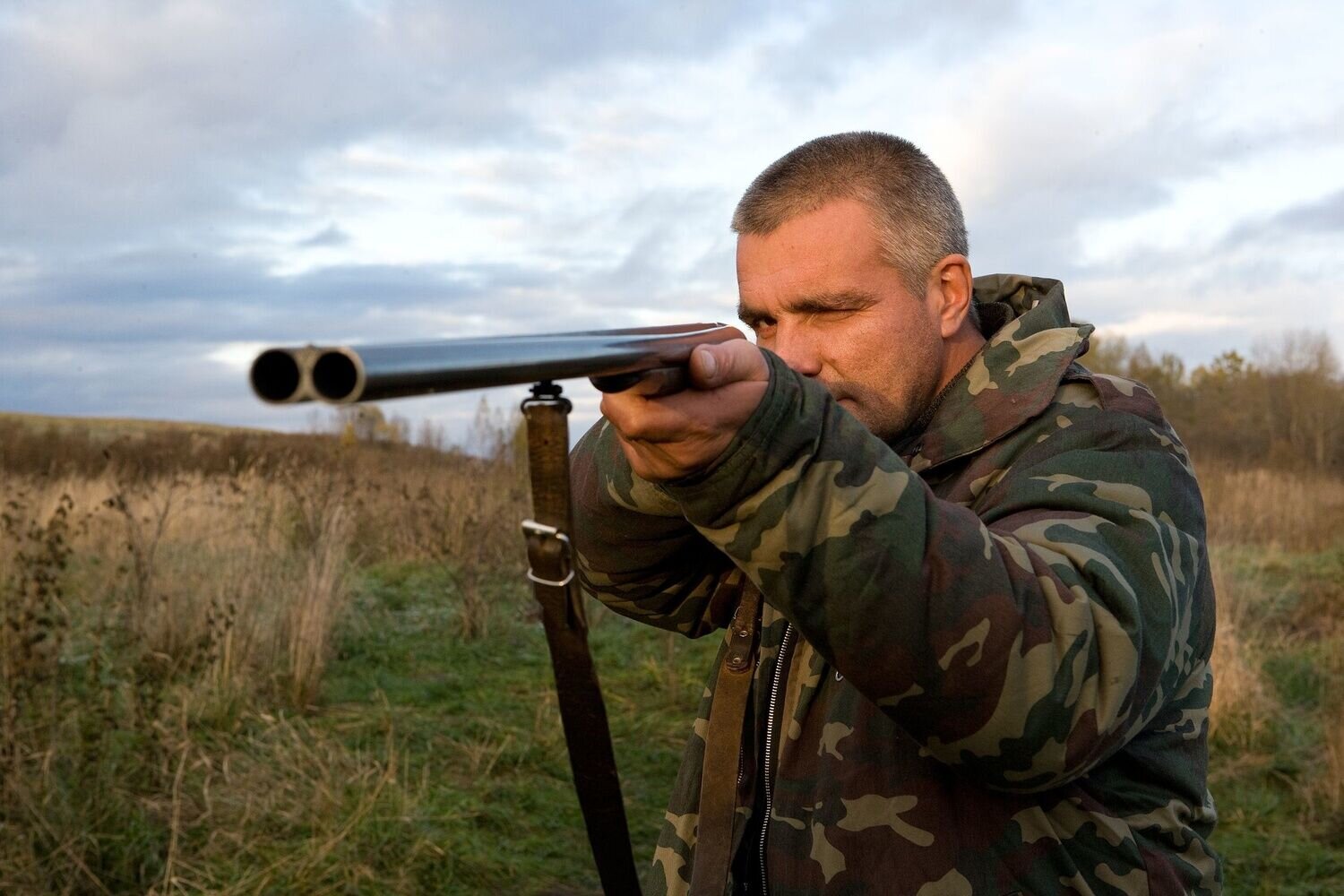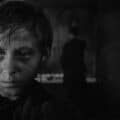The Hunter (2011; Охотник), directed by Bakur Bakuradze, is a film of few words. Starring Mikhail Barskovich, Tatyana Shapolova, and Gera Avdochenok, the film employs lesser-known actors in the creation of this deeply moving picture. The film was critically well received and was nominated for the UN Certain Regard Award at the 2011 Cannes Film Festival. At the Sochi Open Russian Film Festival, Bakuuradze won two awards, one for best direction and another, the Prize from the Guild of Russian Film Scholars and Film Critics. Tatyana Shapolova, who plays a lead role, also won the award for best actress.
At first glance, the film seems like a dreary, monotonous exploration of Russian pig farming: Ivan works long hours, getting up in the early hours of the morning to labor amidst gray walls, gray skies, and screeching pigs. Beyond grim aesthetics, we see the complicated social politics of his job: two women prisoners are hired, though only one, Lyuba, can stomach the slaughter and remains to work. The majority of the film seems caught in wordless, eerie frames. Not all reviews appreciate the artistic emphasis of the film. One American review from The Hollywood Reporter claimed “There is maybe 10 to 15 minutes of actual story located within this 124-minute slog.” As superficial as the assessment stands, the word “slog” seems to fit the film’s atmosphere. If the feature really is a majority “slog” and minority story, Bakuradze has managed to perfect the art of “slog” and make it something beautiful.
Within this beauty of haunting, gray landscapes, is the sense of the routine, monotony, and confinement in the personal life of our main character, Ivan. Ivan is married with two children, though his son is missing an arm (an ailment never explored in great depth). Ivan also hunts wild boar. The artistry of this balance between the wordless landscape and Ivan’s personal life seems to mirror each other and poses the question: are the pigs the only animals being held in confinement? As the film progresses, we are met with unusual developments that further enforce this parallel of futility, entrapment, and desperation. This comes out most notably in Ivan’s affair with Lyuba. Both of them seem to be caught in impossible situations: Ivan trapped in the monotony of farming and Lyuba an actual prisoner. Their desperation leads them to each other, where they find a spark of hope amidst the dreariness.
An intermediate student of Russian can glean a lot from this film. Although it is much more focused on visuals and less on language, there is a lot to learn about life in rural Russia from the movie. The atmosphere alone delivers an inside look at the grueling life of farmers and provincial inhabitants in the early 2010s. Especially for those who dislike subtitles, this is a beautiful art film that captures audiences through its emotion and visuals, not dialogue.










